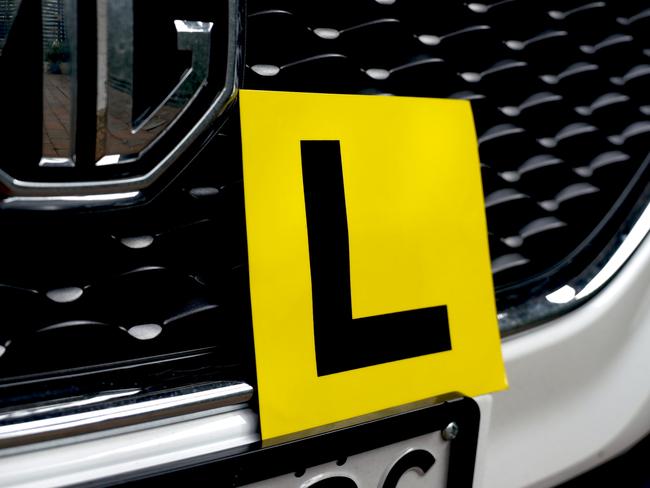Road survey finds Victorians are the country’s biggest road ragers
A road survey has revealed Victoria is the road rage capital of the country, with tailgating and forgetting the “thank you” wave most likely to set someone off. Have your say in our poll.

Leader
Don't miss out on the headlines from Leader . Followed categories will be added to My News.
Tailgating and rudeness — including not giving the “thank you wave” — are the biggest triggers for road rage a national study has found, with Victorians aged 25 to 34 the most likely to be the culprits.
It comes as road raging reports increased by 18 per cent nationwide since 2021, with
55 per cent of all motorists saying they have either been abused or dished it out while behind the wheel in the past 12 months.
According to the Budget Direct study, the drivers most likely to be involved in a road rage incident — as either the abuser or victim — were those aged 25 to 34
More than half of the drivers in this age group said they had been shouted at or received rude gestures, while 17 per cent said a raging driver “intentionally hurt or threaten to hurt” them.
However, 25-34 year olds also had the highest rate of yelling abuse and threatening other drivers.

Dangerous driving behaviour, like tailgating, and rudeness on the road — including not giving the “thank you wave” — were the antics which angered Victorian drivers the most.
A recent RACV study found tailgating was the most common example of road rage behaviour on Victorian roads — ahead of abusive behaviour and excessive horn use.
RACV head of policy James Williams said road rage was “never worth the risk”.

“Unsafe and aggressive driver behaviour, like tailgating and road rage, can be intimidating and can divert the concentration of a motorist, resulting in collisions or leading to unsafe driving speeds,” he said.
“While some drivers may be tempted to box a tailgater in and even tap on your brakes to send a message, it’s simply never worth the risk to put yourself in harm’s way.
Tailgating is illegal in Victoria under the state’s anti-hooning laws, with offenders facing fines of up to $248 and one demerit point.
Police can also impound aggressive drivers’ cars for up to 30 days while repeat offenders — within a three-year period — can also face permanent confiscation, two years jail or a $28,000 fine.
When asked in the Budget Direct survey “what signs ... would make you less likely to be aggressive” more Victorians said L-plates were a bigger deterrent for abuse than a “Baby on board” or disability sticker.
Fewer than 20 per cent said P-plate signs made them less likely to be aggressive towards a driver.





